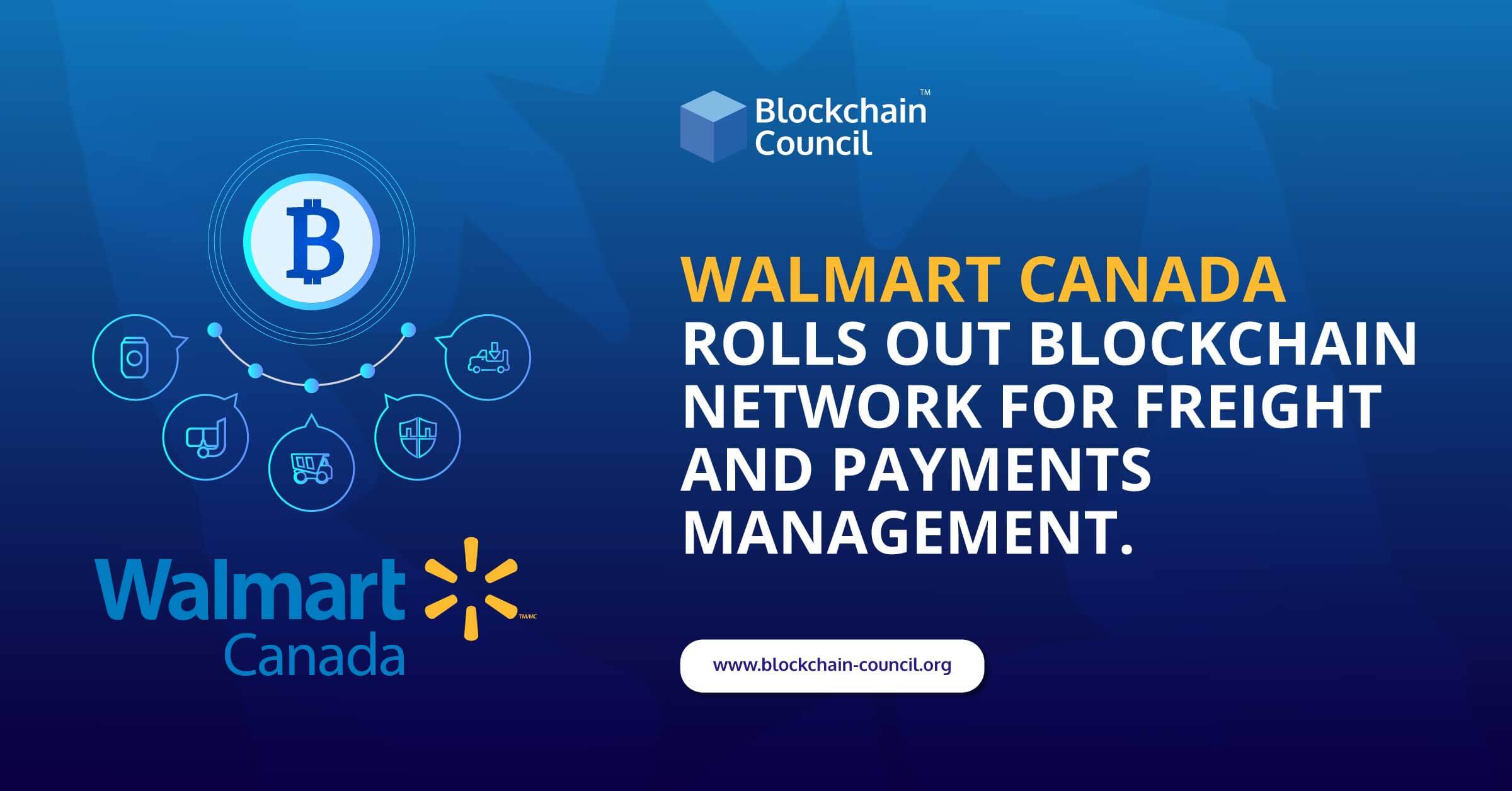
- Toshendra Kumar Sharma
- April 08, 2020
Whether you are a certified hyperledger developer or a beginner, this current topic is for all. The article below illustrates what Hyperledger Besu 1.4, its characteristics, and how it supports the end to end TLS.
Learning Of Blog
- Introduction- Hyperledger Besu
- Older versions vs. Hyperledger v1.4
- TLS and its importance
- Hyperledger Besu 1.4 and TLS support
- Conclusion
Introduction- Hyperledger Besu v1.4
It is an open-source Ethereum client developed to be enterprise-friendly, designed under the license of Apache 2.0. It is written in Java that can be run on both the Ethereum public and private permissioned network use cases. Not only this, but it can also run on test networks such as Rinkeby, Gorli, and Ropsten.
In simple words, we can say, Ethereum client is nothing but a node that verifies smart contracts and everything related to blockchain.
It includes several consensus algorithms, including PoW, and PoA (IBFT, IBFT 2.0, Etherhash, and Clique). Its comprehensive permissioning schemes are explicitly designed for use in a consortium environment.
If you are a beginner to Hyperledger, check out the best hyperledger certifications here.
Older Versions vs. Hyperledger v1.4
Before we discuss the end to end TLS support, let’s talk about the key features of older versions (v1.2 & V1.3) and new version 1.4.
Key Features of Hyperledger Besu Version 1.2 & 1.3
- Account permissioning
- The signing of privacy maker transactions with random keys
- Privacy groups
- Istanbul network upgrade
- Enhanced and faster synchronization times on Testnets
- Permissioning user interface
- Relational database support
Extended Features of Hyperledger Besu Current Version 1.4
- End to end TLS support
- Private State Migration
- Multi-Tenancy
- Better NAT Support
- New Tracing APIs and Plugins API
TLS and Its Importance
TLS stands for transport layer security, which is a security protocol that provides privacy and data integrity over Internet communications, where a primary use case of TLS is encrypting the communication between web applications and servers. However, TLS can also be used to encrypt other connections as well.
Now comes the question, Is TLS crucial for communication?
Of course, TLS is crucial for an end to end communication as it has three main components, such as Encryption, Authentication, and Integrity.
- Encryption: that hides the data being transferred from third parties.
- Authentication: ensures that only the authorized parties are exchanging the information, who they claim to be.
- Integrity: verifies that the information has not tampered in any case.
Hyperledger Besu 1.4 and TLS support
The core blockchain technology provided by Hyperledger Besu is secure, but what happens when data leaves the edges of the blockchain network through ancillary systems and applications? What happens when the blockchain transaction is being produced and transferred to the Besu node in the network?
Security and security of the transaction are the crucial requirements for the projects that are moving to production-ready status. But from where this technology comes from? PegaSys offers a secure, robust, and tamper-proof end-to-end solution that one can take into production.
Undoubtedly, blockchain delivers security benefits; encryption is still a critical issue across the transaction system. The latest Besu version 1.4 offers end to end TLS encryption, which means all the communication of the private transaction to its signature using private keys stored secure vaults transmission through private transaction managers, and arriving at another node is encrypted. With End-to-End TLS, one can ensure that his blockchain data is secured and encrypted between the various elements of the transaction cycle.
TLS is enabled across Hyperledger Besu, its private transaction manager such as Orion, and EthSigner. Altogether, these applications use TLS between them to make sure that transactions are securely encrypted using exceptional methods and techniques, which ensures data is passed only through authorized entities.
Not only this, but hyperledger besu 1.4 also supports TLS for client-server communication. Like for example, you can configure TLS for communication between EthSigner and Besu, and Besu and Orion. Another feature is that this version supports Ethsigner client and server communication using TLSor HTTP and enables onion TLS support for communication to Besu.
Conclusion
This was all about Hyperledger Besu version 1.4 and end to end TLS. But this is definitely not the end of its advancements. Hyperledger besu version 1.5 is ready to hit the market in July 2020 with its advanced features like beam sync, privacy usability improvements, and with more powerful performance upgrades with the primary goals of improving performance and privacy.
To become a hyperledger expert and know more about hyperledger certifications, check out Blockchain Council.





































































 Guides
Guides News
News Blockchain
Blockchain Cryptocurrency
& Digital Assets
Cryptocurrency
& Digital Assets Web3
Web3 Metaverse & NFTs
Metaverse & NFTs
